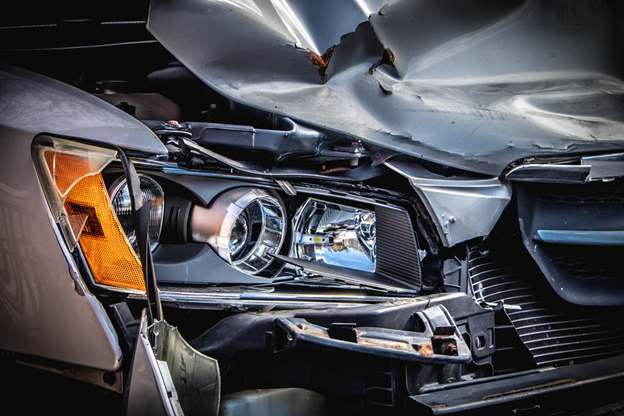Our Blog
What Happens if I Cause a Car Accident?


Being involved in an auto accident may leave both parties confused and upset over what happened. It may not always be clear who caused the accident, but if you are at fault, you’ll be held liable for the physical, personal, and sometimes emotional damages caused by the wreck. If you believe you were at fault in a Denver car accident, learn how to handle the situation with confidence. Discover what happens if you cause a car accident and what your next steps should be.
Vehicle Damage Liability
Some accidents are very straightforward. You know your actions led to causing it and you’re ready to accept liability for the damages. You’ve exchanged insurance information with the other driver and have stated to the police.
After the accident, the other party will either file a collision coverage claim with their insurance company and look for reimbursement through your insurance carrier or they will file directly with your carrier. You won’t necessarily be paying out of pocket for the repair of their vehicle, but you’ll see the cost of the claim through the increase of your insurance premiums. However, you will have to pay out of pocket for any citations or moving violations incurred as a result of the accident. Points may also be added to your driving record at this time, which can also impact insurance prices.
Liability for Injuries Incurred
Although insurance companies offer liability protection for at-fault or negligence claims, most people, unfortunately, do not carry enough in the case of death or severe physical harm from an accident. For example, if the other party decided to sue you through a personal injury lawsuit for $400,000, and your liability coverage maxes out at $200,000, you are personally liable to pay the other half of the settlement out of pocket.
If the accident resulted in someone’s death or caused severe physical damage to the other driver, you can help protect your assets through a personal injury attorney. An attorney can help discover if you were truly negligent and 100% at fault for the accident. This is especially important in a state like Colorado, which is not considered an “at-fault” state. Read on to find out how fault can be shared through Colorado’s tort laws.
Determining Fault in a Tort State
In a “tort state” like Colorado, the at-fault driver’s insurance company is required to pay out for the other driver’s bills as a result of the collision. However, the “fault” can be a shared result, especially if there are other extenuating circumstances discovered regarding the cause of the accident. According to the state’s comparative negligence laws, a person who is 50% or more at fault cannot collect full compensation from the other party, but only a percentage of it. Since this is the case, it may be in your best interest to contact a personal injury attorney to help you prove that you were at least 50% or less at fault for the accident.



